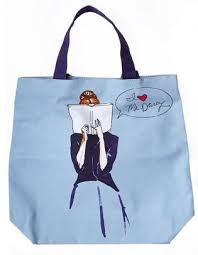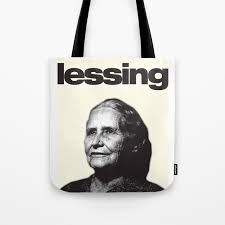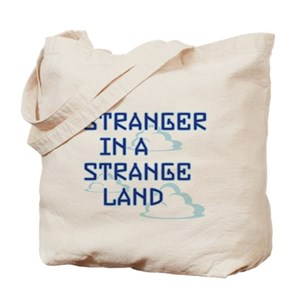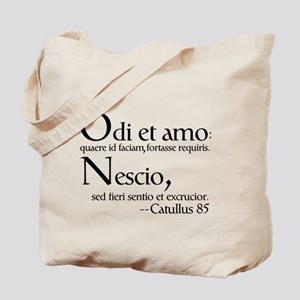If you read blogs or Goodreads reviews, you often see this odd last line: “Thank you to Netgalley [and X Publisher] for the advance copy in exchange for an honest review.”
And you may ask, What the heck is Netgalley? Well, it is a website where critics, bloggers, and consumer reviewers can request e-galleys from publishers.
Netgalley is a mixed blessing. I have read the best Netgalley books; I have read the worst Netgalley books. The biggest temptation: requesting too many books. I’ve been lucky lately. Three of my favorite books this year are from Netgalley: Alice Mattison’s counterculture classic, Conscience (which I posted about here), Laura van den Berg’s surreal The Third Hotel (here), and Pat Barker’s retelling of the Iliad, The Silence of the Girls (here).
But what if you dislike a book? Yes, we’re doing it “in exchange for an honest review” (theoretically), but I only trash books I have paid for! I put aside The Splintering of the American Mind (a controversial book about identity politics) and Zachary Mason’s Metamorphica (a collection of retold myths) because they “were not for me.”
Since professional reviewers do not indulge in public expressions of gratitude–the reverse is far more likely–I email my thanks to publishers. (Yes, I have manners.) Though it is lovely to get new books, it is unnecessary to write a thank-you note in the actual review.
My rule: don’t let Negalley take over my life. I don’t want to be that person who allows Netgalley to dictate my reading. Nope, I’ve got to read classics.
Here’s a typical day in the life of a Netgalley reviewer.
- Turn off your phone and finish Bloodmoon, Peter Tremayne’s entertaining new Sister Fidelma mystery, only to discover Negalley had archived the book before the publication date –which means I’m too late with my review!
- My husband has a broken collarbone so I suggested he write some consumer reviews. He reads widely, but he refused: he wants to read what he wants to read. ( N.B. He recommends Richard Powers’s The Overstory, which is on the Booker shortlist.)
- One e-book was so crazily formatted that I gave up: the letters “fi” were inadvertently omitted from words so that I had to puzzle out that “rm” meant “firm,” “nd” meant “find,” etc.
And now I think I’ll read a classic, because I need a break.
DO YOU SHOP FOR AUTHORS’ TOTE BAGS? Here are my favorites.
 1 I was tempted by this “I heart Mr. Darcy” bag at Barnes and Noble, but I actually “heart” Captain Wentworth.
1 I was tempted by this “I heart Mr. Darcy” bag at Barnes and Noble, but I actually “heart” Captain Wentworth.
2 Here is Catullus’s popular two-line poem (85). And here is my literal translation: “I hate and I love. You probably ask why I do so./ I do not know, but I feel myself suffer and am tortured.”
 3. I doubt Doris Lessing would appreciate this.
3. I doubt Doris Lessing would appreciate this.
 4. This bag shows the title of Robert Heinlein’s 1960s cult classic, Stranger in a Strange Land. Loved this book!
4. This bag shows the title of Robert Heinlein’s 1960s cult classic, Stranger in a Strange Land. Loved this book!
 5. Who doesn’t want this cute Mrs. Dalloway bag?
5. Who doesn’t want this cute Mrs. Dalloway bag?
 6, I can’t resist this Dickens knock-off: A Tale of Two Kitties
6, I can’t resist this Dickens knock-off: A Tale of Two Kitties
Do let me know your favorite literary tote bags!




I agree with you, Kat. I find Netgalley books a mixed blessing, and I am having a break for now. As for the totes – I loved the Jane Eyre one, and the Tale of Two Kitties 🙂
LikeLiked by 1 person
Yes, Netgalley is fun but we need time to read old books! I do wish I had the Jane Eyre tote.:)
LikeLike
Bad formatting of e-books is my new pet peeve. I’ve seen some truly awful ones that seemed to have no oversight or proofreading at all. And that’s in the final version, not galleys!
LikeLiked by 1 person
You would think it’s all a matter of code! I do find strange typos sometimes, as if there’s a really bad Spellcheck involved.
LikeLiked by 1 person
Thanks for letting me know about Netgalley. I don’t read blogs or goodreads enough to have taken note. Now I will.
LikeLiked by 1 person
You might enjoy some of the Netgalley books yourself!
LikeLike
I had exactly the same problem with novel by Louise Welsh and another where whenever a word had a double letter in it those were missing. I simply wrote to the publishers and politely explained why I wasn’t going to review the books and why I didn’t think they should be asking for reviewers under those circumstances.
LikeLiked by 1 person
Yes, it’s very odd that e-books arrive in such a mess. I dropped a note to the publishers of the missing “fi”s book, too. You would think someone would check on the ebooks before delivering them to reviewers…
LikeLiked by 1 person